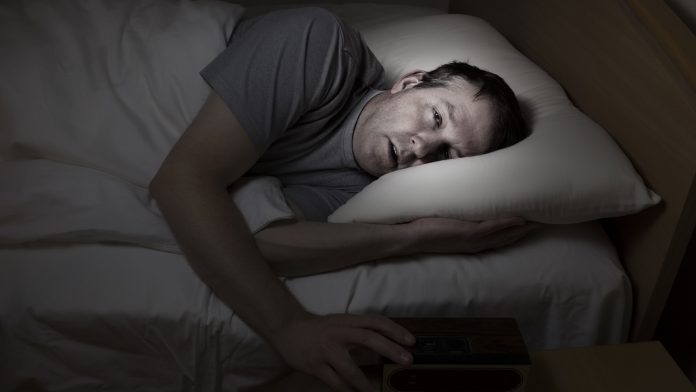
New research from the University of Birmingham suggests that having frequent bad dreams in middle age may be one of the early signs of dementia.
The research indicates that bad dreams may become increasingly prevalent several years before the hallmarks of memory and thinking problems in dementia arise. Identifying the early signs of dementia can allow clinicians to provide their patients with optimal care to combat the condition.
Dr Abidemi Otaiku, of the University of Birmingham’s Centre for Human Brain Health, said: “We’ve demonstrated for the first time that distressing dreams, or nightmares, can be linked to dementia risk and cognitive decline among healthy adults in the general population.
“This is important because there are very few risk indicators for dementia that can be identified as early as middle age. While more work needs to be done to confirm these links, we believe bad dreams could be a useful way to identify individuals at high risk of developing dementia and put in place strategies to slow down the onset of disease.”
Analysing nightmares
For their investigation, the team examined data from three community-based cohorts in the US that included more than 600 adult men and women aged between 35 and 64 and 2,600 adults aged 79 and older. None of the participants had dementia at the study’s inception. They were followed up for an average of nine years for the younger group and five years for the older group.
The study data was collected between 2002 and 1012, with all participants completing a series of questionnaires, such as the Pittsburgh Sleep Quality Index, which includes a question on how often they experience nightmares.
The team employed statistical software to analyse the data to determine if individuals with a higher frequency of bad dreams were more likely to experience cognitive decline or be diagnosed with dementia later in life.
A new sign of dementia
The results demonstrated that frequent nightmares might be one of the early signs of dementia, showing that middle-aged people aged 35 to 64 who had bad dreams on a weekly basis were four times more likely to experience cognitive decline over the next decade and twice as likely to be diagnosed with dementia.
Moreover, the research identified that the associations were stronger for men than women. Older men experiencing nightmares weekly were five times more likely to develop dementia than older men with no bad dreams, whereas in women, the increased risk was only 41%.
Future research
Moving forward, the team is looking to investigate if nightmares among young people are also one of the early signs of dementia. Additionally, they will analyse if dream characteristics, such as their vividness or how well we remember them, can be used to identify dementia risk.
The researchers are looking to utilise electroencephalography (EEG) and magnetic resonance imaging (MRI) to investigate the biological basis of nightmares in healthy people and individuals with dementia.






















